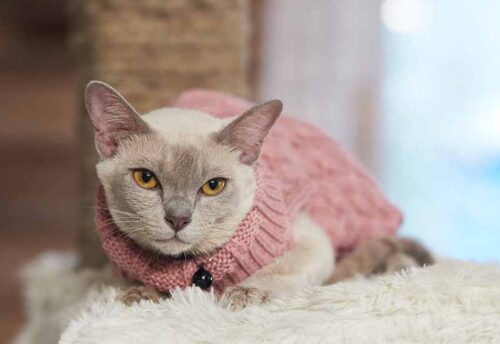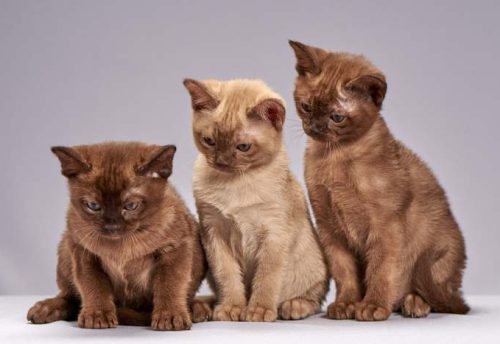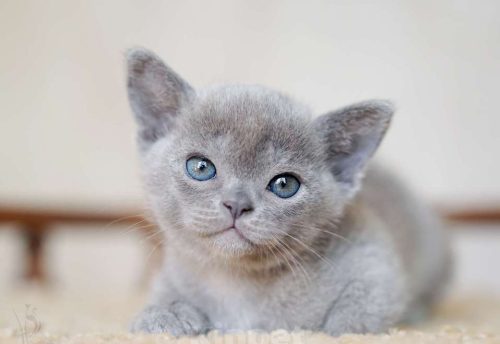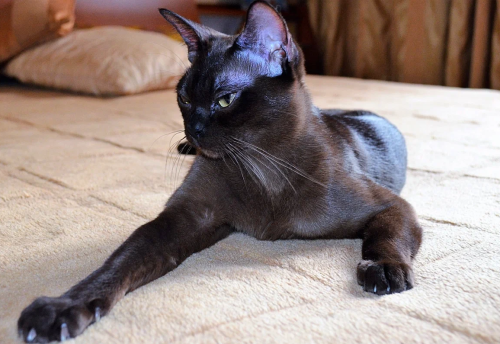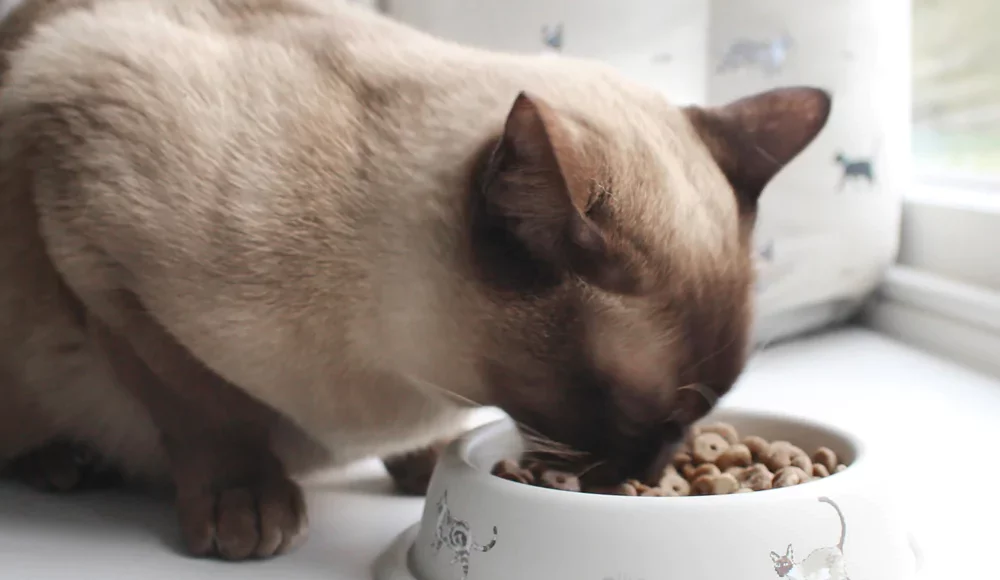
Natural Diet for Burmese Cats: What You Need to Know
A natural diet is an excellent option for a Burmese cat, ensuring the full functioning of its body. But how do you organize it properly?
Foundation of the Burmese Cat’s Diet
Cats are natural predators, so a significant portion of their diet should be protein. However, proper growth and development also require carbohydrates, calcium, and other trace elements.
An adult cat needs daily:
- 150 g of protein
- 50 g of carbohydrates
- Unlimited water
- Vitamins and valuable elements
Protein Foods
Focus on lean meats such as veal, beef, rabbit, chicken, and turkey. Organ meats, which contain valuable amino acids, animal fats, and taurine, are also important. Avoid giving minced meat to Burmese cats.
Important: Meat and organ meats should be frozen, scalded with hot water, and cut into small pieces before serving.
Other sources of protein:
- Sea Fish: Pre-cooked and given twice a week.
- Eggs: Boiled yolk can be given once a week (quail eggs can be given more often).
- Dairy Products: Fermented milk products and goat milk.
Avoid cow’s milk as Burmese cats may not digest it well.
Sources of Carbohydrates
Carbohydrates are essential in the healthy diet of a Burmese cat: buckwheat, rice, and oatmeal are good options. Sprouted seeds of legumes and wheat are beneficial.
Fruits and vegetables are allowed, but not all Burmese cats will like them. Chop these foods finely before serving. If the pet refuses raw vegetables, try cooking them.
Micro and Macro Elements, Vitamins
Include grass in the diet, such as oats, grown at home. It contains many components that improve bodily functions. Additionally, you can give yeast, but in limited quantities. Monitor for any allergic reactions.
The optimal solution is to buy complex supplements at a veterinary pharmacy and give them to the animal according to the instructions.
Is a Diet Necessary?
This depends on the individual cat. For example, pregnant and nursing Burmese cats need to eat more frequently and have larger portions. Breeding cats should have more protein-rich foods with vitamin E.
For neutered Burmese cats, metabolism slows down, which can lead to obesity. It’s better to provide light food and carefully monitor the diet. Cats with various pathologies may require special diets. In such cases, follow the recommendations of a veterinarian.




